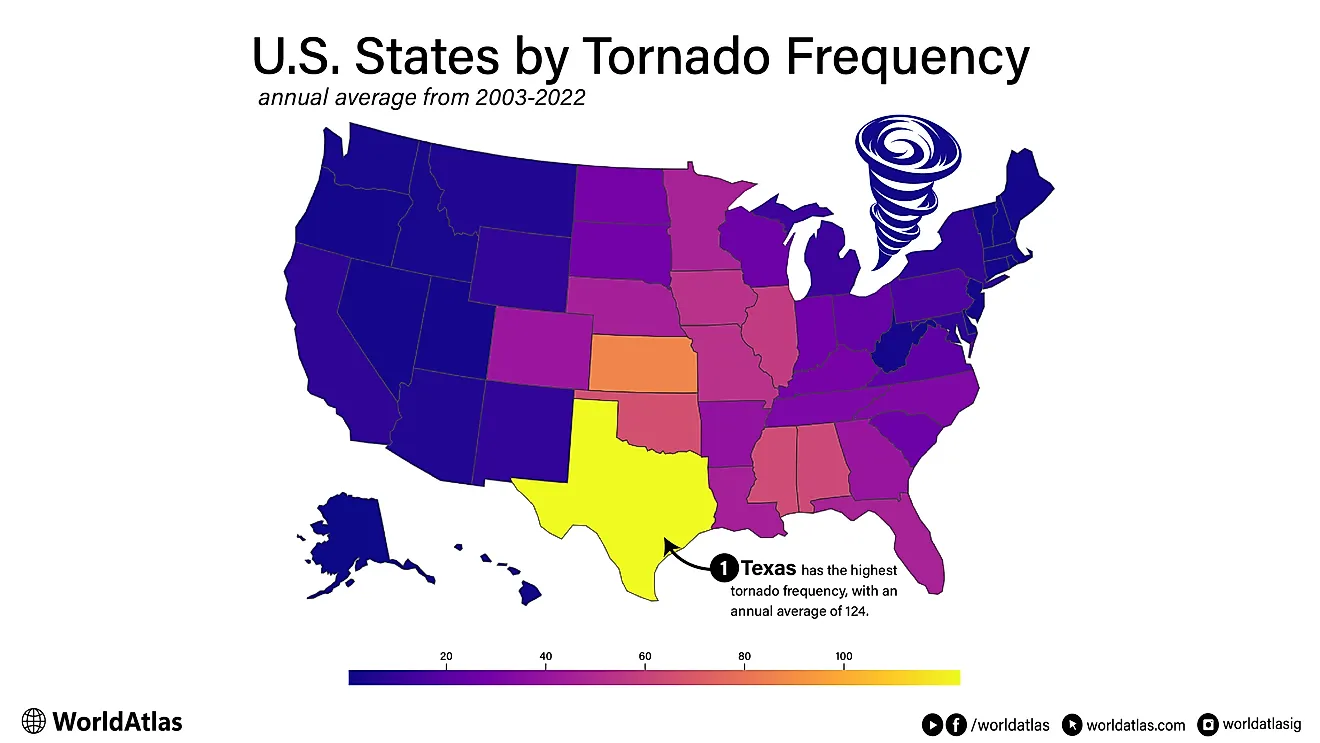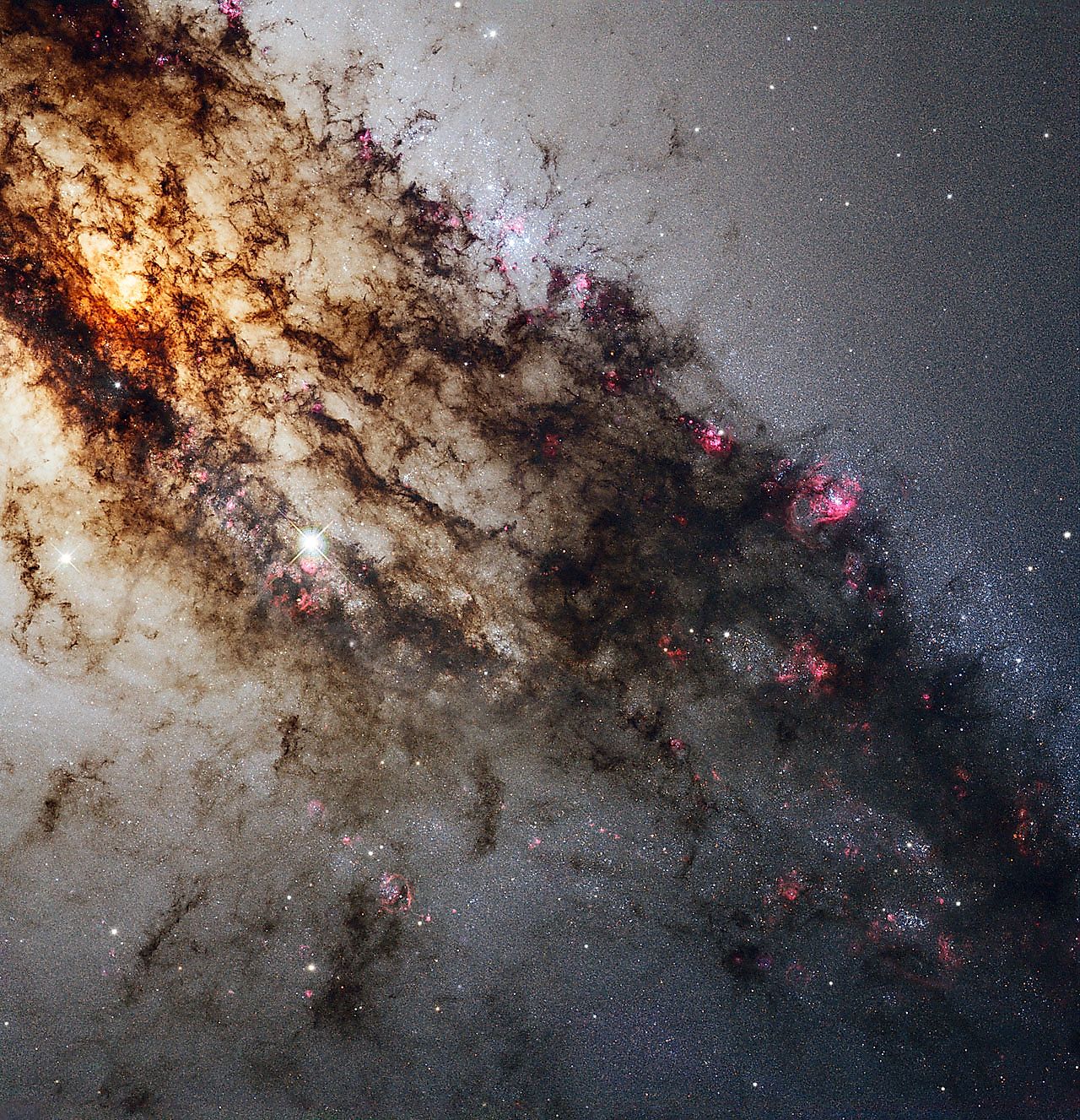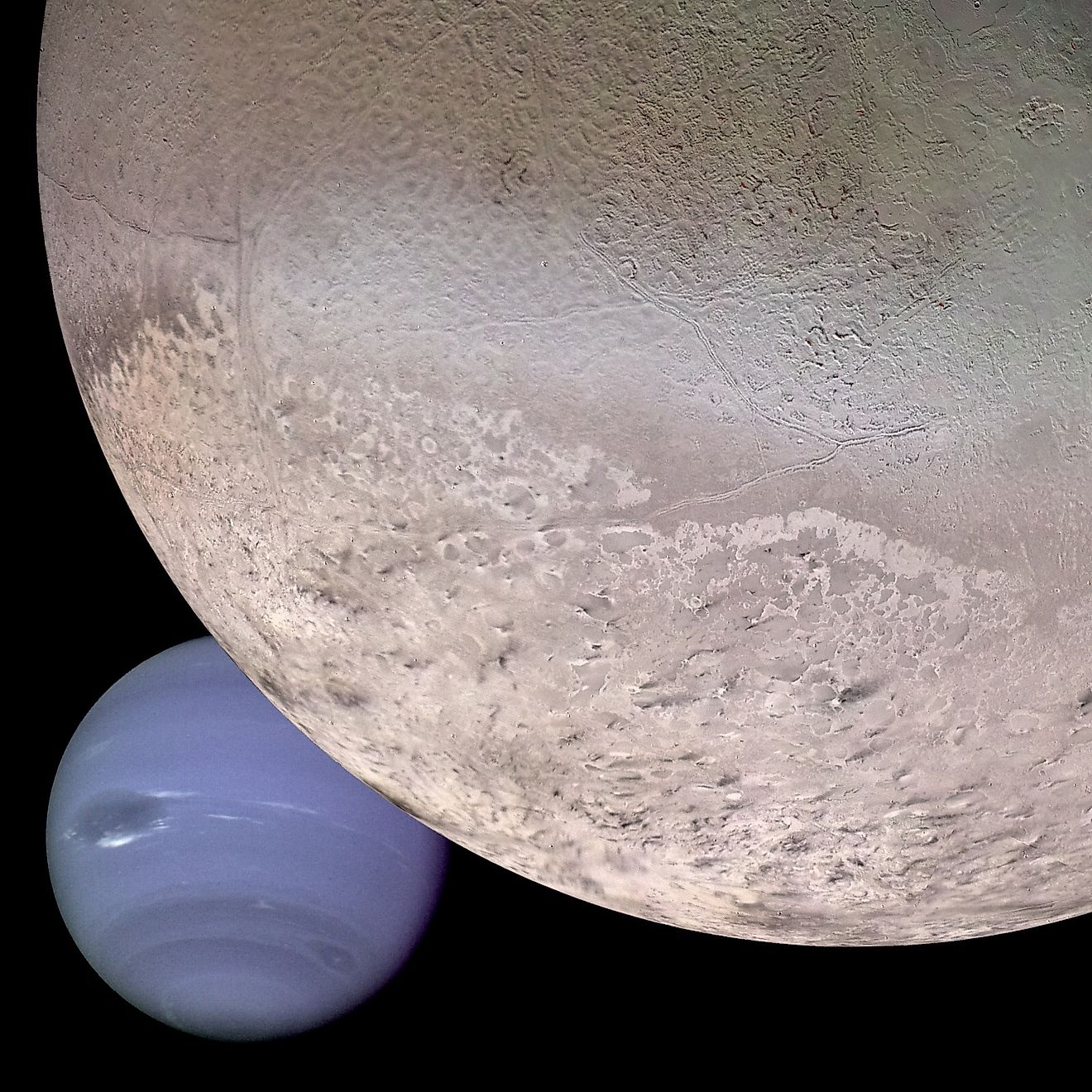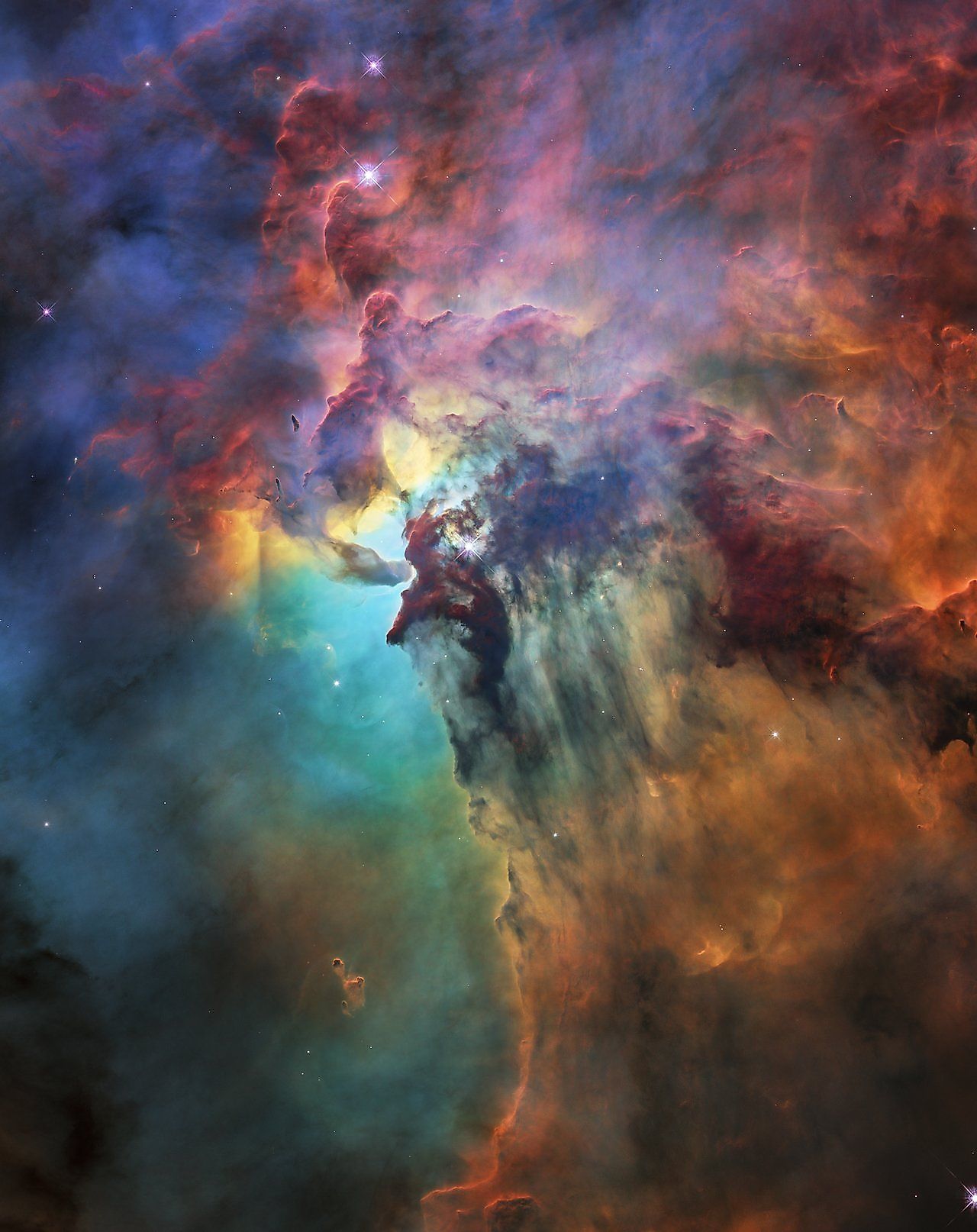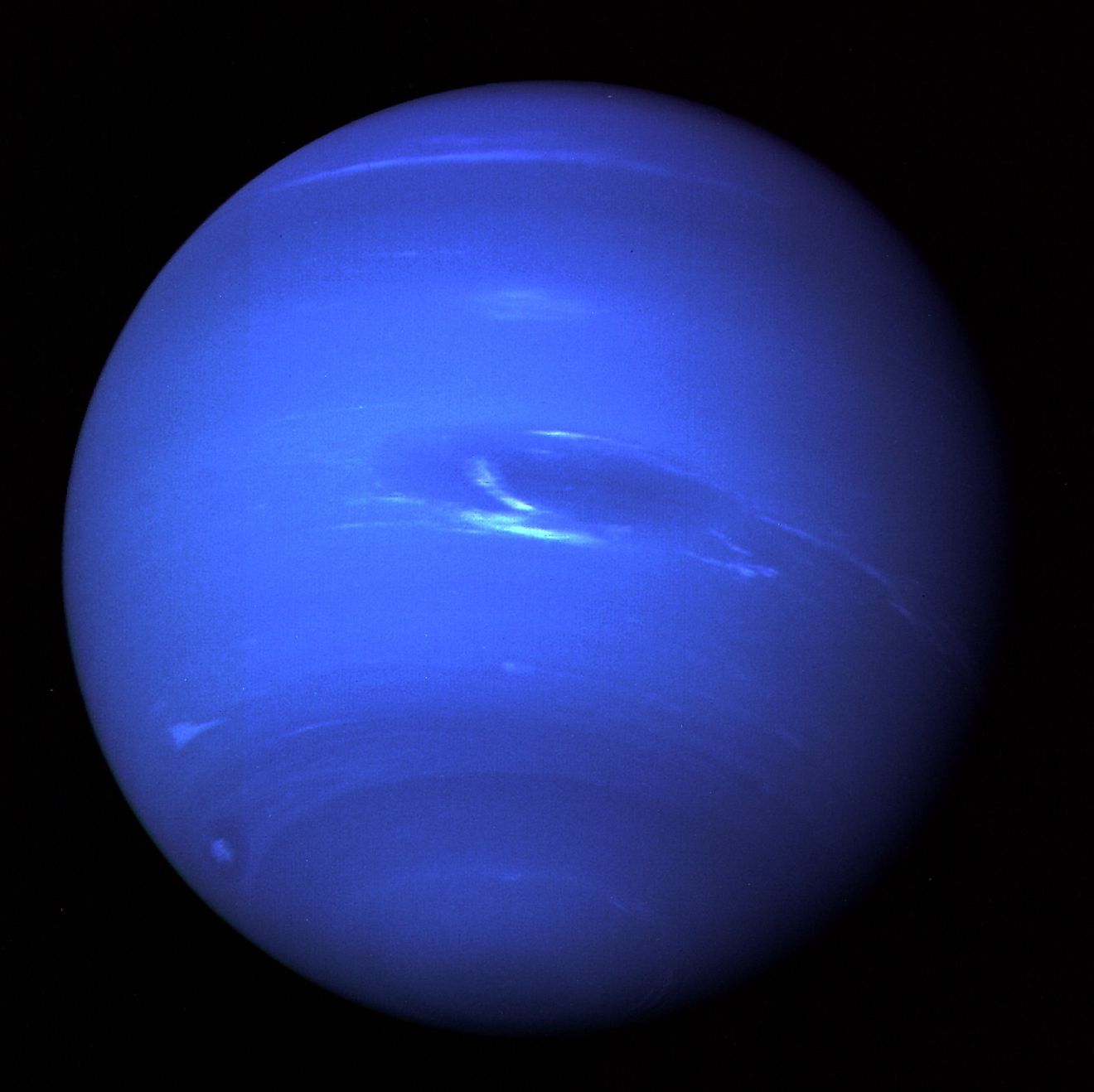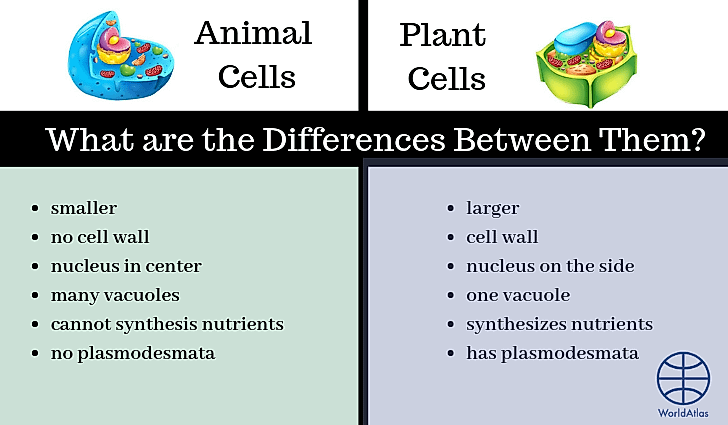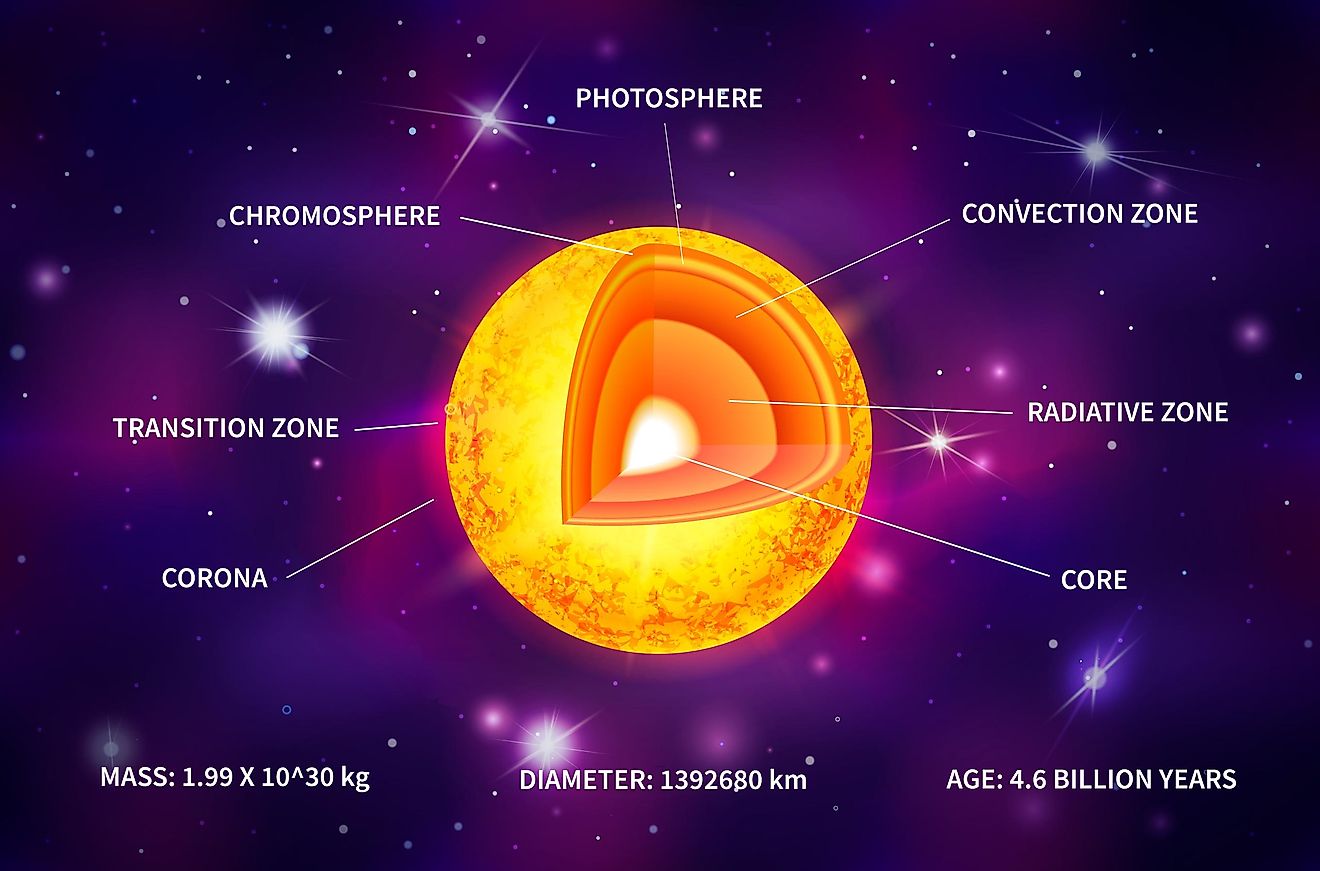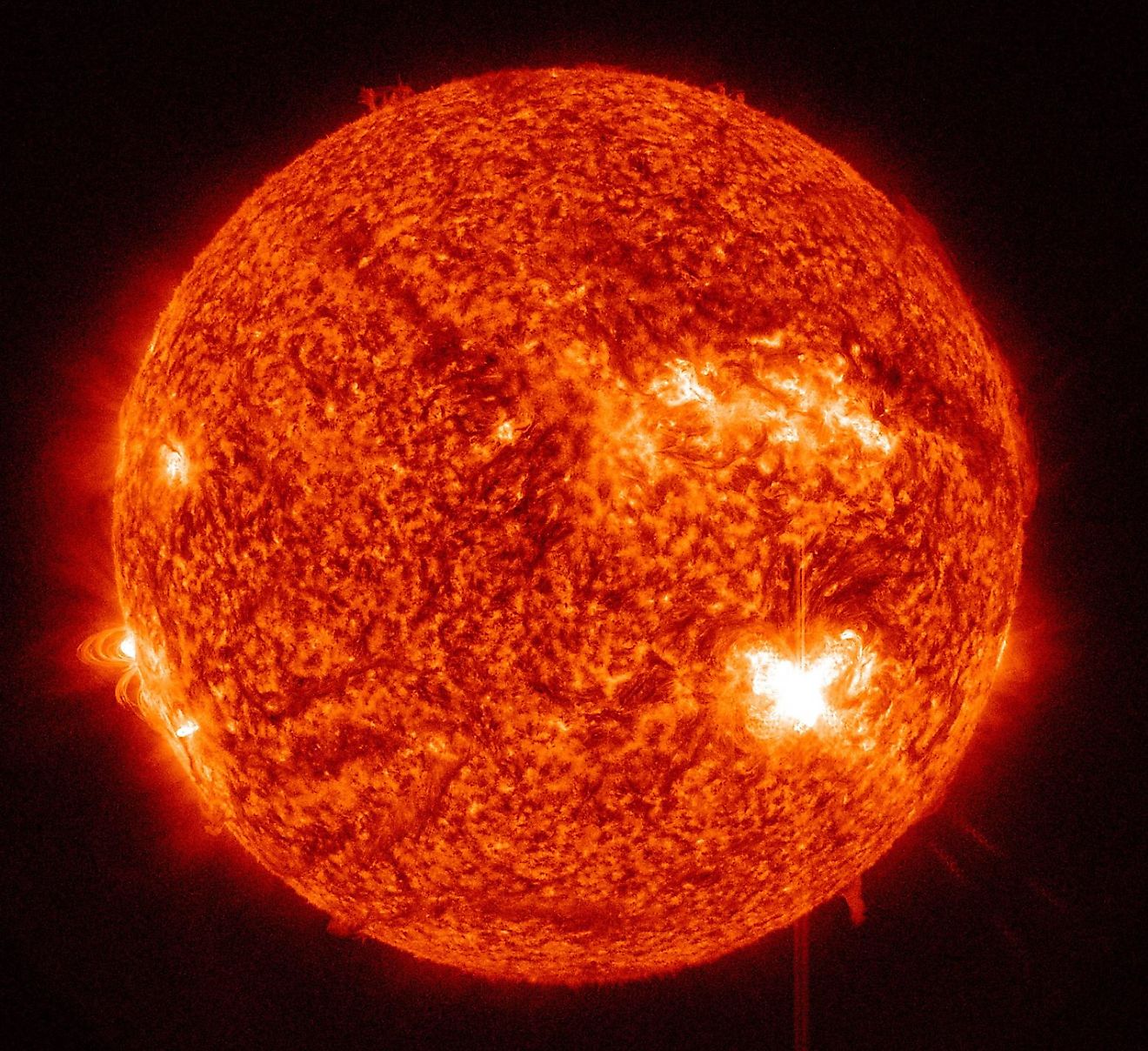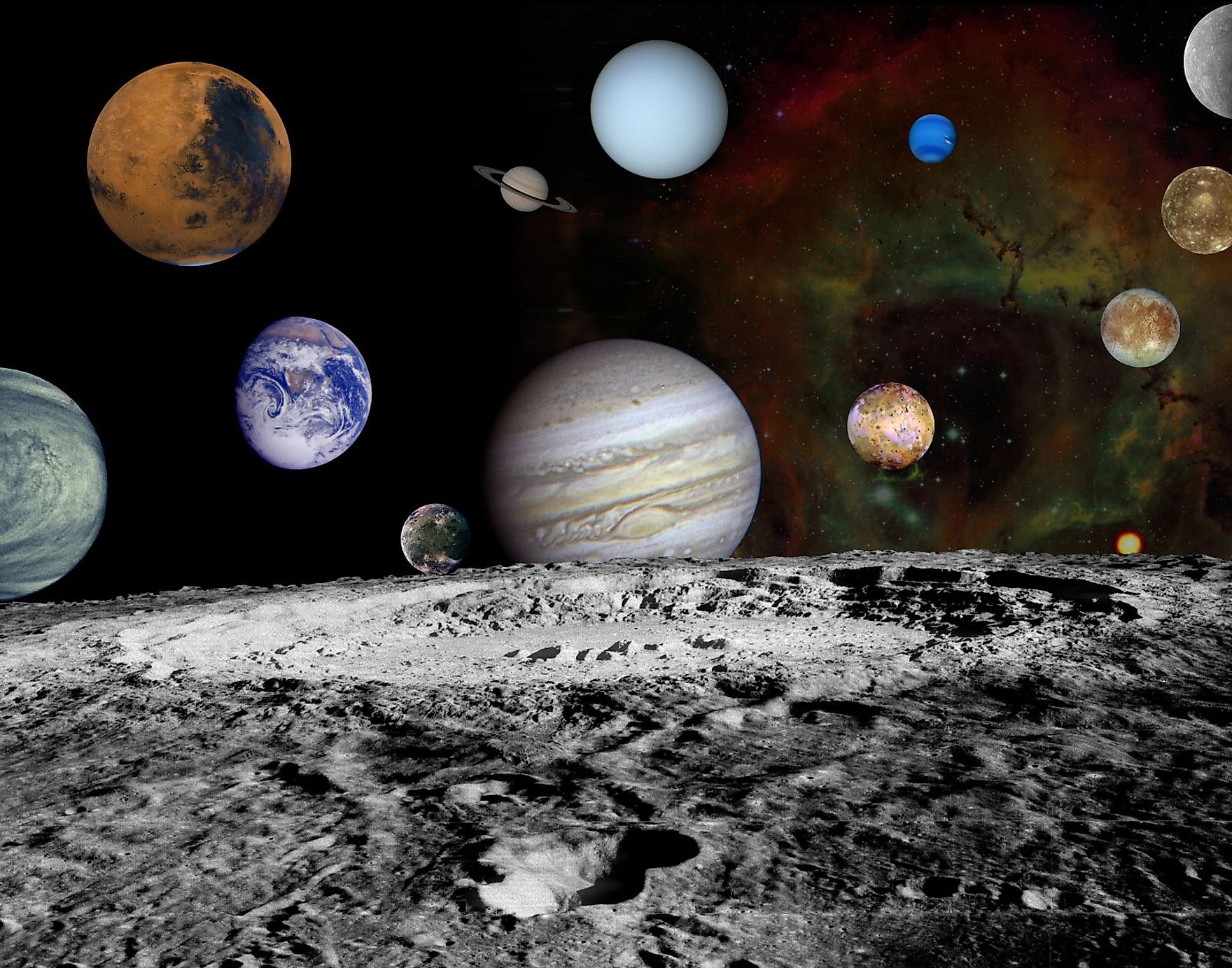
Where Do The Planets Get Their Names?
Almost all the planets in our solar system are named after Roman gods. This raises the question of who those gods were and what they represented. Ancient Romans thought that the gods and goddesses controlled every aspect of life. They had gods of love and war and everything in between. They prescribed the names of their most important gods to the brightest objects they could see in the night sky. When Uranus and Neptune were discovered in the 18th and 19th centuries respectively, astronomers decided to keep the original naming system and named them for a Greek and Roman god.
Inner Solar System
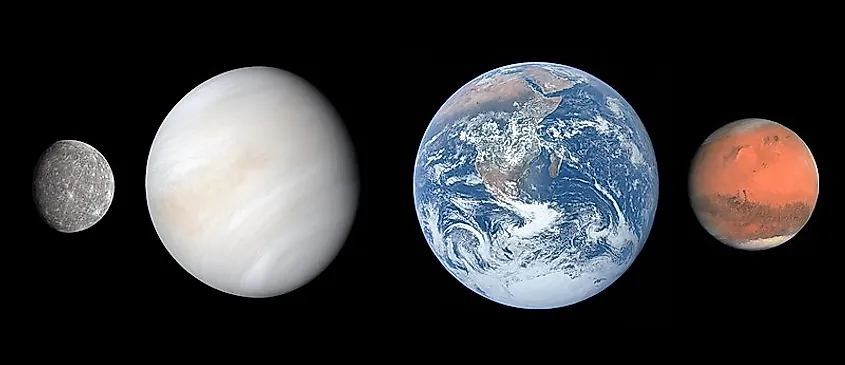
Mercury is named for the Roman messenger god. Mercury got its name due to the fact that moves faster than all the other planets. Symbology for this god includes a helmet and shoes both adorned with wings. The Greek name for this god is Hermes.
Venus is named after the Roman goddess of love and beauty, and is the only planet named after a goddess. Venus is the brightest planet in the night sky, and this could be a contributing reason as to why many ancient cultures associated Venus with love and beauty. The Greek name for this goddess is Aphrodite.
Earth is the only planet not named after a god. Instead, the name is English or German in origin and means “the ground”. Earth was not named after a god because Earth was not seen as a planet in antiquity.
Mars is named after the Roman god of war. The Greek name associated with this god is Ares. According to myth, Mars rode on a chariot pulled by two horses, Phobos, and Deimos. The two moons of mars now carry this namesake. The reason why Mars was associated with war is due to its red color, which can be seen with the naked eye from Earth.
Outer Solar System
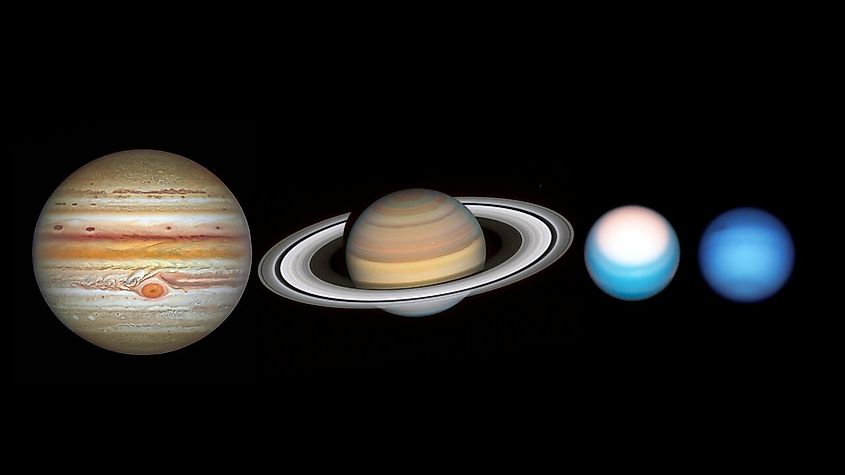
Jupiter is named for the king of the Roman gods. The Greek nomenclature of this god is Zeus. Since Jupiter is the largest planet, it makes sense that the ancients would have named it after the king of gods.
Saturn is named after the Roman god of agriculture and time. Saturn earned its namesake due to the fact that it moved more slowly than the other known planets. In myth Saturn, is the father of Jupiter. The Greeks referred to this god as Cronus. The god Saturn is also where we get the name for the day of the week, Saturday.
Uranus is the only planet named after a Greek god. He is the personification of the sky and was in the original pantheon, before even Zeus. He is often referred to in conjunction with his consort, the personification of Earth, the goddess Gaia.
Neptune is named for the Roman god of the sea. The Greek name for this god is Poseidon. This was one of the planets invisible to ancient cultures. This is the only planet to be predicted mathematically before it was ever seen through a telescope. It just so happened that Neptune ended up being a blue color, which coincides perfectly with its namesake.
While Pluto is no longer considered a planet, it is still named after a Roman god. In 1930, an 11-year old girl suggested that the newly discovered planet should be named after the Roman god of the underworld, Pluto. Pluto would have been known as Hades in ancient Greece.
